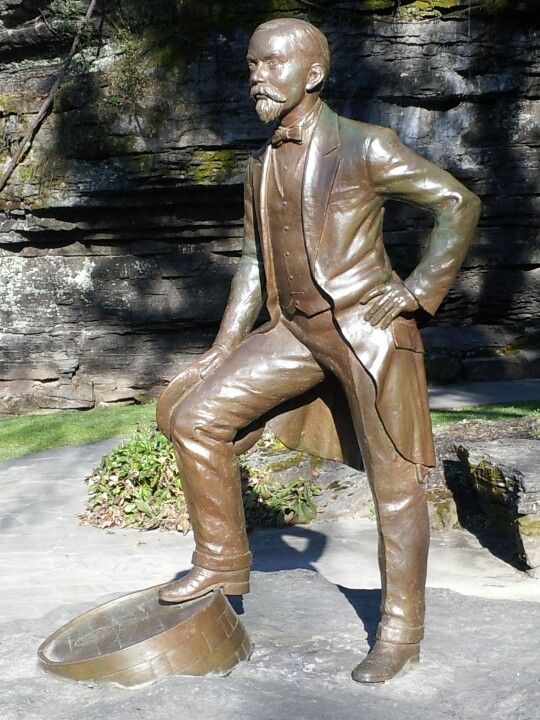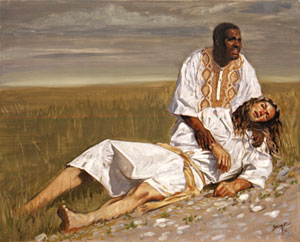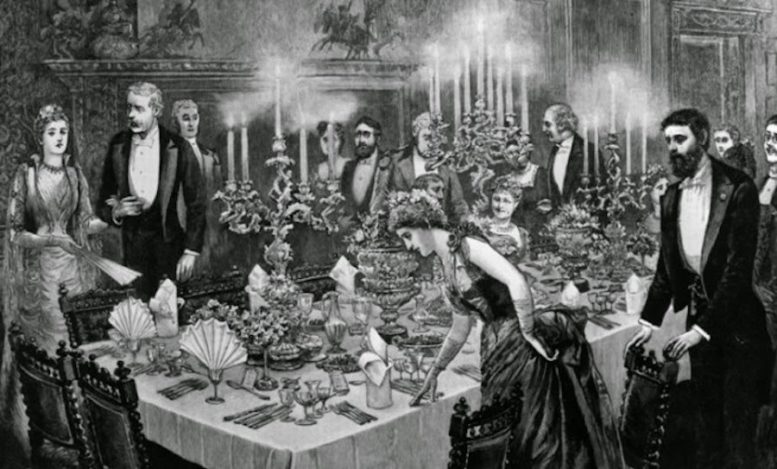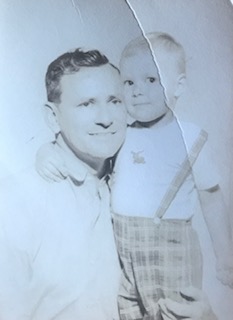Man on the Run
In the tenth century B.C., the nation of Israel was an inhospitable place for a fugitive like David. He was a man on the run with few friends. Most of the people who had cast their lot with this outlaw were rogues themselves. The Judean countryside was sparse, each clan spread around the territory consisted of about fifty families. And while most of these families supported David, were they ever caught giving him aid and succor, their lives and property could be forfeited.
Who can you trust? This was the plight of David, the once and future king of the people of Israel, but one without a throne, a crown, or a populace to rule. After such a promising start in life—called from the hills of Bethlehem and thrust into the national spotlight after slaying a giant, then married into royalty—you cannot blame David for feeling lost. The dream had turned into a nightmare once he had fallen out of favor with the reigning king.
On some level we all share a compatibility with David. We might not achieve the same highs and lows in life, but we do know what it is like to share similar emotions. There is more written about David than any other personality in the Old Testament, and in his lifetime, he experiences every human emotion imaginable.
In this fourth volume of my historical fiction series The Song of Prophets and Kings, I focus on the years David was a fugitive with “Wanted Dead or Alive” posters plastered all over the country. Imagine if social media was around three thousand years ago. Talk about a real sense of paranoia.
In The Fugitive King, David is forced to hide in dark caves, shelter inside thick forests to conceal his whereabouts, and rely on a handful of friends he can trust. In this novel we read of the great personal cost of David constantly having to look over his shoulder.
The Fugitive King will be released in print, e-book, and audio on November 15, 2023, and available wherever books are sold. Get ready for a literary ride with a man on the run.










